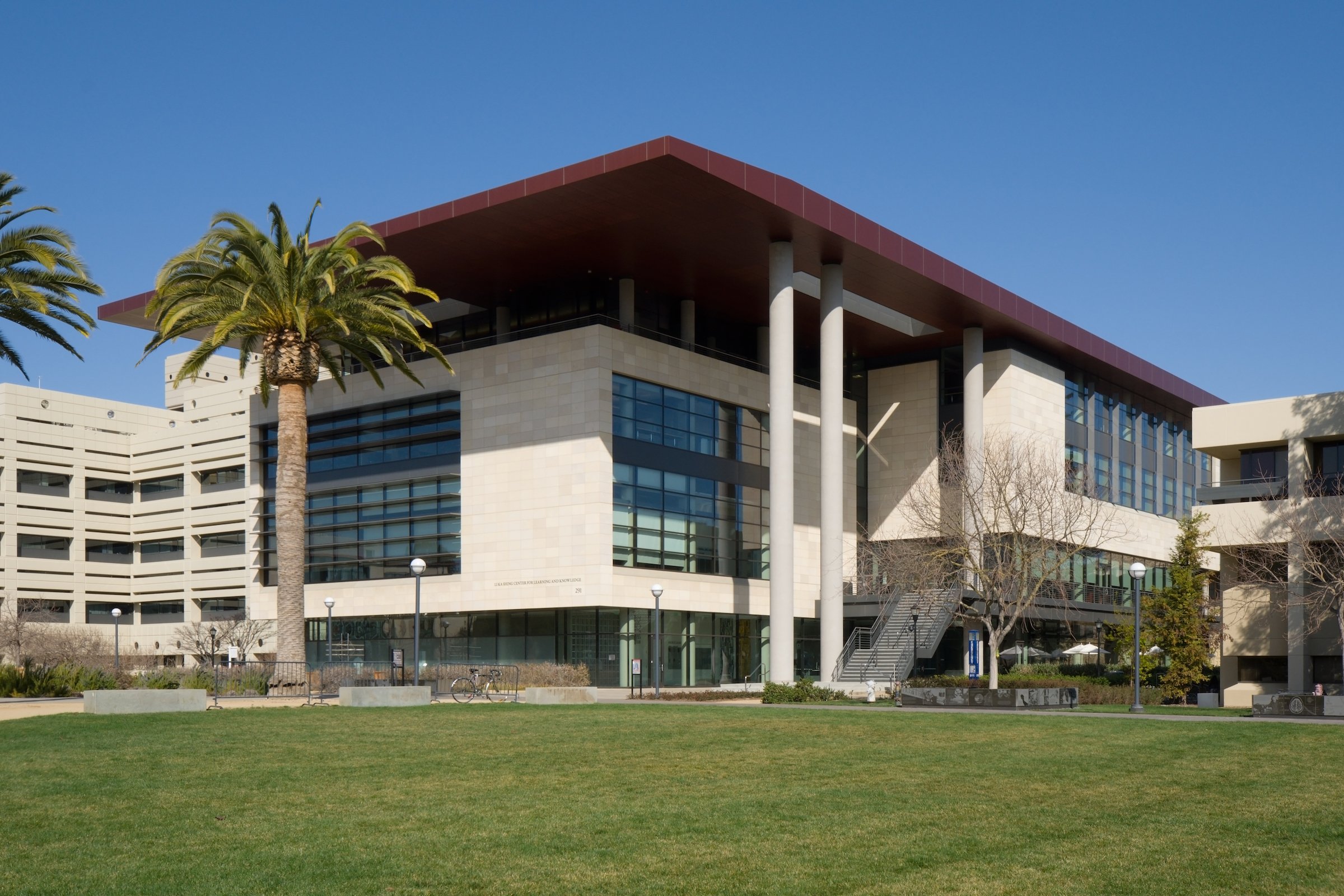Behind the fanfare surrounding its new hospital, Stanford has quietly begun development on another groundbreaking project — a central database for information on the ethical, legal and social implications (ELSI) of genetic research. The Center for ELSI Resources and Analysis (CERA) was awarded $7.1 million by the National Human Genome Research Institute on Aug. 14.
The Stanford Center for Biomedical Ethics (SCBE) will partner with Columbia University to head the effort, with the principal goal of creating a comprehensive online library of academic studies, legal briefings, news stories and other resources to fill what they see as a void in accessible bioethical information.
Within the next five years, the mission of CERA is to establish a reliable digital platform for scientists, policymakers, journalists and the general public to consult on issues of bioethics and to foster a community among ELSI researchers.
To ensure that this mission is achieved, SCBE Associate Director Mildred Cho and Columbia Division of Ethics Chief Sandra Soo-Jin Lee have been selected to lead CERA, with help from SCBE director David Magnus.
“It has a number of goals,” Cho said of the newly-formed CERA. “The overall purpose is to create a resource that a variety of stakeholders can use to be able to get information about ethical, legal and social implications of genetic and genomic research.”
In producing this online portal, CERA intends to provide synopses of the more prominent documents and studies in addition to its methodical cataloguing and curation.
“Another one of our goals is to not just service the database,” Cho said, “but to try to create content that synthesizes this information and tailors it for various audiences. We want to create new information like systematic reviews, policy briefs, white papers, guidelines, summaries, that will not just curate but also present the information in ways that are useful.”
As of now, there is no “dedicated resource that shares the breadth of ELSI scholarship that’s out there,” according to Lee. CERA is an attempt to fill that gap and to identify areas in which there is consensus or disagreement and where further research is required.
In application, the database could serve to better inform legislators as they look to keep up with the most recent advancements in medicine and genetics.
“CERA gives us a tremendous opportunity to marshal the decades of bioethics research that has been produced,” Lee said, “To create laws that really attend to issues that are of concern to the public. Questions around privacy and confidentiality, as well as clinical utility of genetics, are all issues that need to be considered by policymakers.”
SCBE will also collaborate with the Columbia University’s Graduate School of Journalism to assess how reporters might use the database as conveyors of new research to the general public. According to Lee, journalists are an “important stakeholder” in CERA and play an important role in “getting information out to the public about some of the legal and social dimensions of genetics reserarch.”
While policymakers and media members were target groups highlighted by both Cho and Lee, CERA has loftier ambitions to engender a community representative of several demographics.
“A major aim of the CERA is to create a community of different stakeholders,” Lee said. “That would include genome scientists, bioethicists, social scientists, clinicians, policymakers, community Baker, community members, and patient advocates.”
With such a wide range of potential users, CERA will begin its five-year project by conducting a needs assessment for each stakeholder group, a process for which SCBE is currently preparing.
Though CERA could have a significant impact internationally, it may be awhile before the database is operating at its full capacity. Still, the prospect of such a potent digital library is exciting to the forefathers of modern bioethics, including SCBE Co-founder Thomas Raffin.
“This is wonderful for Stanford,” Raffin said. “The more you can get people to talk about the ethical issues in medicine and biology, the better. It’s been great progress in the field of bioethics in America.”
Contact Andrew Tan at tandrew ‘at’ stanford.edu
